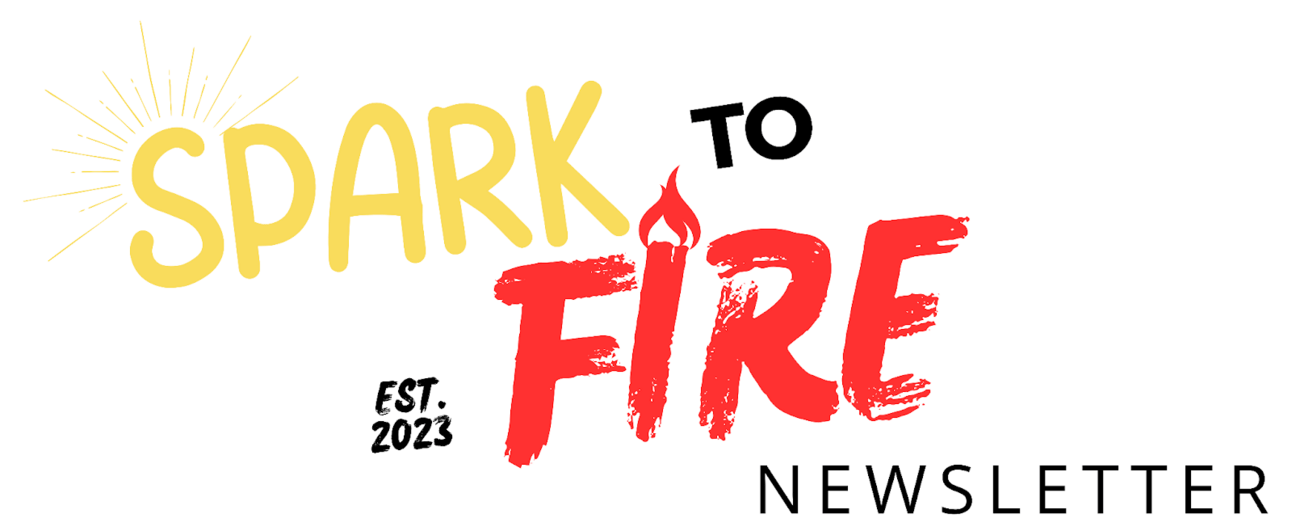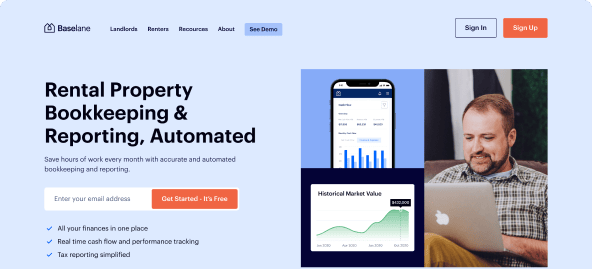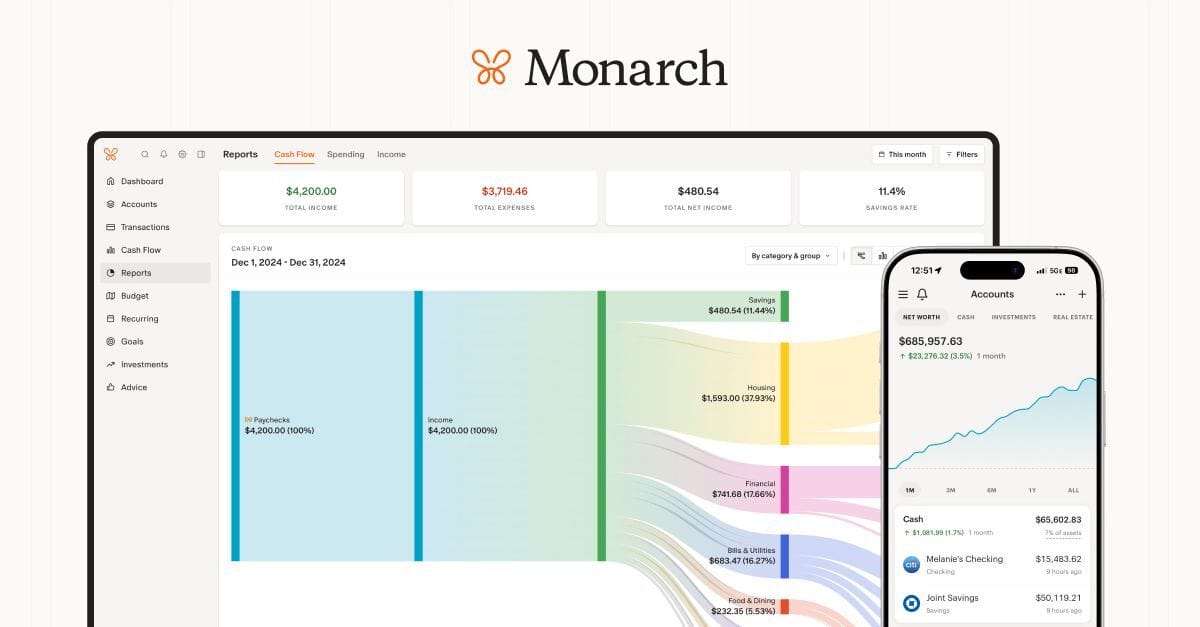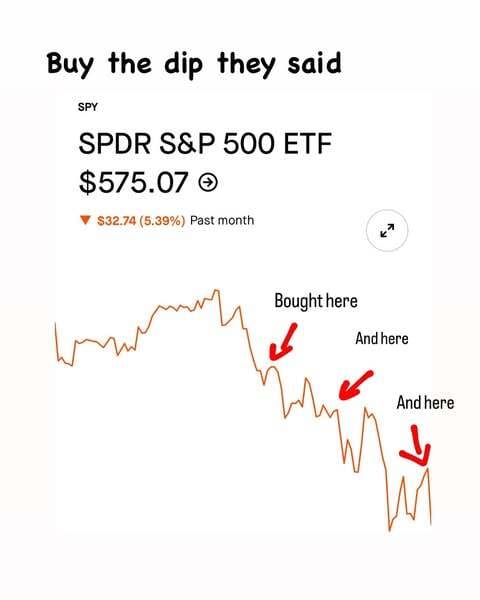
In 2024, I wanted to buy a business. I had $250,000 in cash from saving money and selling a rental property in 2023.
The problem?
I was still living in Miami with plans to move, but I didn’t have any idea where. I also had to think about my wife and her job prospects. She also wanted to leave, but I didn’t want to force her to live somewhere where she couldn’t get a job either.
Because of these constraints, my business acquisition criteria was narrow.
During my business search, I also wanted to have a backup plan so I decided to pursue a federal job in the meantime. My wife and I decided that whichever option came to fruition first was where we would go.
I’m going to go over my goal with acquiring a business, my business buying criteria, and the businesses I was seriously interested in.
💰Online Banking, Rent Collection, Accounting, & More in One Place

Simplify your real estate management with Baselane—the all-in-one platform for banking, rent collection, bookkeeping, and tenant management. I’ve been using Baselane, and I only wish I’d switched sooner! It’s made managing my real estate finances easier than ever—and the best part? It’s completely free.
💸 Money Bulletin (News Highlights of the Week)
Private employers added just 77,000 jobs in February, far below expectations, ADP saysPrivate companies added just 77,000 new workers for the month, well off the upwardly revised 186,000 in January and below the 148,000 estimate, ADP reported.
Mortgage rates plummet, sparking a surge of refinancesU.S. homeowners rushed to refinance their mortgages over the past week as mortgage rates fell to their lowest level in three months.
Layoff announcements soar to the highest since 2020 as DOGE slashes federal staffU.S. employers announced 172,017 layoffs for February, up 245% from January and the highest monthly count since July 2020, Challenger, Gray & Christmas reported.
🎯 My Goal for Buying a Business
You might remember that in 2024, I was on my mini-retirement and I got bored so I wanted to go back to work (but not back into consulting). I felt like I was wasting time without any real purpose. The problem was that I was laid off and then decided to temporarily retire and my wife was still working. That didn’t work out well since I couldn’t just leave and travel without her.
To get out of the funk, I decided to search for a business to buy and operate.
Most people think buying a business means becoming a full-time operator—grinding day in and day out to keep the business alive. That was exactly what I didn’t want.
The goal was to buy a business that I was interested in working on and that I would be proud to own and grow.
If my goal was to buy a business that would generate the highest return or generate the largest net income, I would get myself a business where I get a job as an operator, but I didn’t necessarily want a business that relied on me to spend every waking hour on it.
Plainly speaking, I didn’t want to buy myself a job.
🌟 Take Control of Your Money with Empower! 🌟
Struggling to keep track of your finances? Feeling overwhelmed by budgeting, investing, or saving for the future? Empower (formerly Personal Capital) can help you master your money—effortlessly.
Here’s Why You Need Empower:
✅ All Your Accounts, One Dashboard: Connect all your bank accounts, credit cards, loans, and investments in one place.
✅ Personalized Budgeting: Stay on top of your spending and save more with the budgeting feature.
✅ Retirement Planner: Build, manage and forecast your retirement in one convenient place with your Retirement Planner.

📝 Creating a Business Buying Criteria
I had a clear vision for the type of business I wanted. The point of having a buying criteria is so that you have a clear goal in mind and can filter out businesses you don’t want. Don’t waste your time on businesses that don’t fit your vision!
The development of this criteria is very personal and there isn’t only one right answer, but in consulting style, I’ll break it down to 3 key pieces from big to small: geography, industry, and business characteristics.
Geography
This is the easiest part of defining your target business. Given that most businesses are physically located somewhere (unless it’s completely online), this is ultimately defined by where you want the business to be located. However, this requires some self reflection.
In my case, the location was heavily dependent on where my wife could get a job and where we BOTH wanted to live for the long-term. I personally wanted to live by the business to actively manage, especially for my first business acquisition, but this may not be the case for you. You could buy a business that you can manage remotely if there’s already staff there.
You might also want to consider the market size and growth potential of potential markets as well as cost of living and labor costs. Even state taxes can be considered.
For me, the biggest determinant was where we wanted to live (which was also dependent on where my wife could get a job).
My criteria: Our selection of possible cities were all major metros. Cities we considered were Washington DC, Dallas, New York City, and Denver.
Industry
The key questions to ask yourself are what types of business aligns with your skills, interests, and risk tolerance?
Deciding which industries to pursue is crucial.
Consider:
Are you passionate about the industry?
Is the sector growing, stable, or declining?
Is the market saturated?
How will the business perform during economic downturns?
How do the business models in those industries align with what you’re looking for?
My criteria: I was looking for businesses in the online, e-commerce, and fitness space that did not require 100% face-to-face customer interactions and had a significant portion of recurring revenue with opportunities to grow the business without requiring a lot of cash to invest.

Tip: Read my review of popular budget apps here.
Business characteristics
Determining the business characteristics is when you solidify your criteria because selecting industries is still very broad. Within each industry, there are dozens of different types of business models. This part of the framework is when you define the operational preferences and financial expectations of your criteria.
Consider:
Revenue and profit targets
Involvement from the owner (owner-absentee or hands-on role)
Size of the workforce
Recurring or one-time revenue
Asset-heavy or asset-light
Tech reliance or opportunity
Overhead
Franchise or independent
My criteria: I was looking for a business that generated at least $75,000 in profit that had a sizable portion of recurring revenue with only a few employees and could be run owner-absentee and isn’t a franchise.
The 3 Businesses I Seriously Considered
I searched for businesses primarily on BizBuySell. Other marketplaces are LoopNet and Transworld Business Advisors (broker).
During my search, I came across a lot of interesting businesses. Some were great on paper but had cracks that were discovered during my due diligence.
Here are three businesses I seriously considered—and why I ultimately didn’t purchase them.
A package of 2 gyms (recurring revenue and owner-absentee)
The primary business I wanted to buy was a gym.
I’ve always been a gym person and the business is relatively passive as long as it’s managed well with most of the income being recurring revenue.
I was primarily looking for a gym that had decent profit and had room to grow. As a gym goer for nearly two decades, I have a good grasp of what’s good and bad for a gym. For me, gyms that fail to quickly repair or update equipment is a major operational flaw.
However, the biggest flaw is not keeping the gym clean. Easy to fix but for some reason, a lot of gyms just don’t clean regularly.
Must-do’s for any gym I purchased would be replacing old equipment with new ones that I personally enjoy, having routine deep cleans to keep the place spotless, and some touches to improve the space like painting.
The business listing required the purchase of TWO gyms. After signing an NDA and talking with the business broker, I received the financials of both locations.
The reasons why I chose to pass on this opportunity:
The gym locations were small. There wasn’t much room to drive up membership prices in the short term because improvements i.e. adding equipment wasn’t feasible with limited space.
Both gyms were franchises, which I’m not completely against, but I would prefer not to operate one.
From the financials, the two gyms were barely profitable on paper. I wouldn’t have been surprised if the owner was actually losing money.
Leases for the locations were up in 2026 and with the financials, there wasn’t enough buffer room for me to feel comfortable moving forward with this deal.
A coffee roastery (some recurring revenue and growth in e-commerce channel)
Based on the sales price, this coffee roastery was a very small operation. Unfortunately, I didn’t get much details because once I called the broker, the business was already under contract.
The business listing mentioned that it has some commercial accounts that it sold wholesale beans to in the local area (assuming they’re local coffee shops).
While I don’t know how to roast beans, I do like coffee. My main goal was to expand commercial accounts in the local area and grow the e-commerce sales channel (if there is one).
A co-working space
This business was located in an affluent suburb. The business profited about $100,000 a year but was very heavy on overhead. Just the rent itself was $33,000 a month, but the numbers were good and the business had recurring revenue.
The reasons why I chose to pass on this opportunity:
While this was the best deal I seriously considered, I wasn’t totally into the idea of owning a coworking space.
It’s a franchise.
While it is recurring, a coworking space is a nice-to-have in a lot of cases so attrition may be high.
Why I Walked Away from Buying a Business
After months of searching and analyzing deals, I was also applying to federal jobs. At the same time I was searching for a business, I had an opportunity to take a federal job that offered:
✅ Stable income
✅ Good benefits
✅ Work-life balance
✅ Stability
After not working for a year, I was ready to start working and the job came with a decent salary so it would be a nice change to make some income again.
That doesn’t mean I won’t buy a business in the future—I absolutely will. But when I do, I’ll go into it with even more clarity about what I want and what makes sense for my lifestyle.
Even though I didn’t buy a business, here’s what I learned:
🟢 Know what you want before you start. The clearer your criteria, the easier it is to say no to bad deals and you can be more efficient in your search.
🟢 Be patient. The right business won’t come overnight. I spent months searching before deciding to pass.
🟢 There’s no one-size-fits-all path. Buying a business can be an amazing wealth-building strategy, but it’s not the only way to financial freedom.

